Confidence in science remains high but has declined in the past few years, with just 42% saying scientists can overcome their biases.

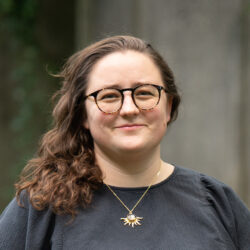

Confidence in science remains high but has declined in the past few years, with just 42% saying scientists can overcome their biases.
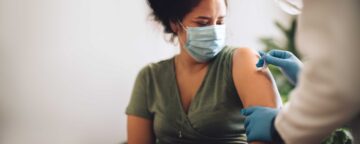
In JAMA, 3 Penn scholars advocate for renaming of the Vaccine Adverse Event Reporting System (VAERS) and improving public understanding of the vaccine surveillance system.
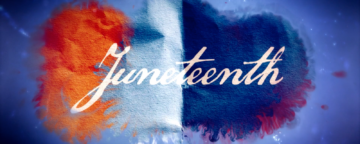
Annenberg Classroom's documentary "Juneteenth: Exploring Freedom's Stories" won a Bronze prize in the 3rd Annual Anthem Awards.
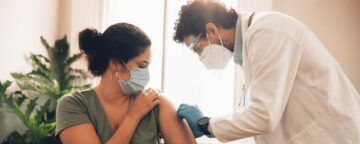
A new study from Annenberg researchers explores social norms around vaccination and how vaccination rates can be shaped by state laws and policies.
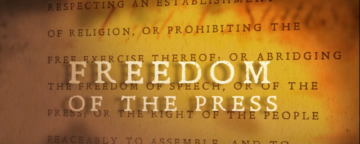
The Leonore Annenberg Institute for Civics announces the winning proposals for lesson plans for the Annenberg Classroom film on the Supreme Court case New York Times v. Sullivan.
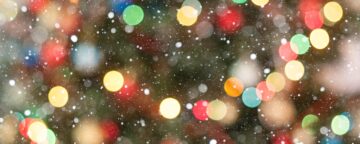
For more than two decades, APPC has tracked how news stories erroneously linking the holiday season with suicide, despite national data showing that the suicide rate is largely seasonal & lower in winter.
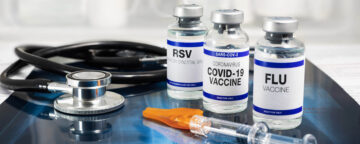
New survey shows over a third of U.S. adults worry that they or someone in their family will get flu, Covid-19, or RSV in next 3 months, but no consensus on which virus is more likely to cause severe illness.

Americans have less confidence in vaccines than they did just a year or two ago, and more people accept misinformation about vaccines and Covid-19, according to an APPC health survey.
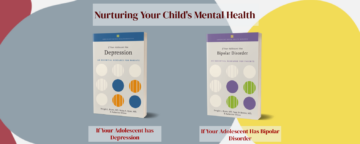
Focusing on adolescent depression and bipolar disorder, Oxford University Press has published the latest two books in a series developed by APPC that is designed to aid parents in helping their teenagers deal with a variety of mental health conditions.

New research found that driving skills measured at the time of licensure on a virtual driving assessment, exposing drivers to common crash scenarios, helps predict crash risk.